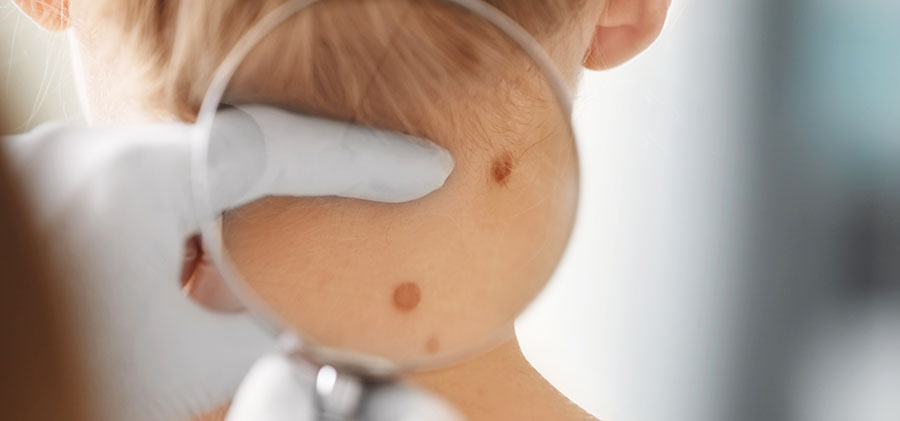
When the skin develops a strange mole, rash or infection, it's common to perform a biopsy to determine what's causing the condition. A skin biopsy involves removing a small piece of abnormal tissue and viewing it under a microscope or sending it for testing.
Dr Maphosa will examine the abnormal skin lesion before advising if a skin biopsy is necessary. In most cases, the skin biopsy can help to confirm a diagnosis or rule out other concerns.
Skin biopsies can help diagnose:
Dr Maphosa provides three biopsy methods and will determine which to use based on the size and location of the skin lesion.
A skin biopsy is a quick in-office procedure that usually takes only a few minutes to complete. Dr Maphosa will first examine the skin lesion before applying local anaesthesia to numb the area.
He will then use a scalpel, razor or punch tool to remove a piece of the abnormal tissue. In the case of an excision or punch biopsy, you may need several stitches to close the wound. These will either dissolve on their own or need to be removed after a few days.
Dr Maphosa will advise you on how to care for your wound and when you can expect your test results. Depending on the results, you may need a follow-up appointment or referral.
In cases where the lesion is a wart, skin tag, reaction or infection, you may need a minor procedure to remove the lesion entirely or receive medication for treatment.
However, should the lesion present with skin cancer, Dr Maphosa will advise you on the next steps.
